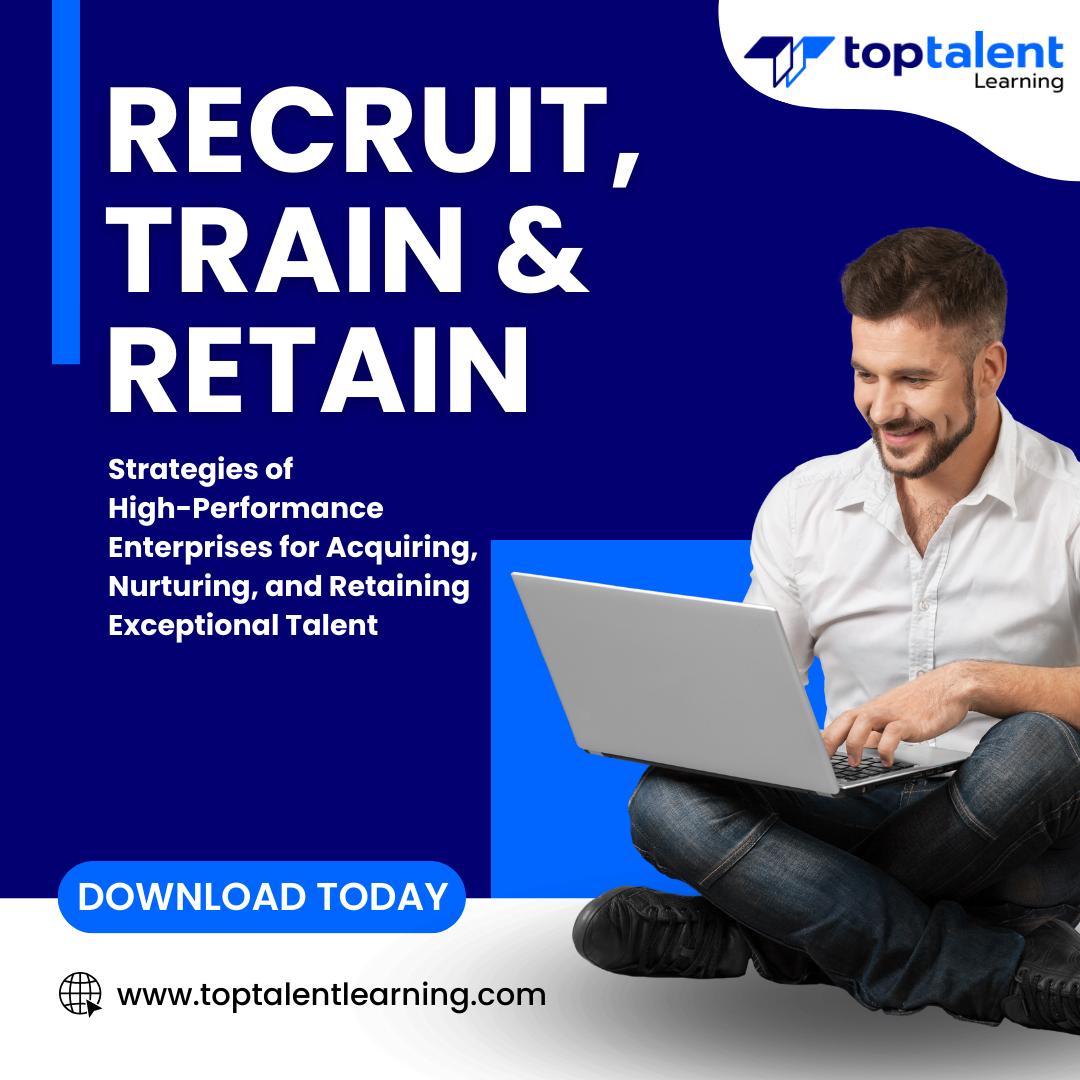In a rapidly evolving business landscape, companies must keep their workforce skilled and adaptable. Yet, managing learning and development (L&D) in-house can be a challenge, especially as industries grow more specialized, technology quickly advances, and economic conditions fluctuate. Managed Learning Services (MLS) provide an effective alternative by outsourcing company’s training functions to specialized providers.
While MLS can help organizations streamline their training efforts, there are often hesitations about outsourcing aspects of employee development. This blog explores the broad benefits of MLS and addresses common objections, showing why these services can be a strategic asset for any company.
What Are Managed Learning Services?
Managed Learning Services (MLS) involve outsourcing some or all elements of a company’s L&D function to an external provider. MLS providers can handle everything from developing custom learning content to managing training logistics and analyzing program effectiveness. This partnership provides companies with access to resources and expertise that may otherwise be costly or time-consuming to develop in-house.
Benefits of Managed Learning Services
Cost Efficiency and Resource Optimization
MLS offers a cost-effective alternative to managing L&D in-house. High-quality learning solutions typically require significant investment in content, technology, and staff, which can be prohibitively expensive to maintain at scale. Additionally, it can be challenging to right-size an L&D team given fluctuations in hiring and training needs as well as budgets. MLS providers operate with economies of scale, distributing costs across multiple clients. As a result, organizations of any size can access top-tier training resources without extensive internal budgets.
Access to Specialized Expertise and Technology
MLS providers bring in specialized skills and access to advanced technologies like AI-driven learning platforms, virtual classrooms, data analytics tools, and the latest development software. For companies looking to incorporate more sophisticated learning methods or personalized learning paths, MLS providers can implement these technologies seamlessly. MLS providers can offer valuable insights and analytics, helping companies make data-driven decisions about employee development.
Scalability and Agility
Business needs can fluctuate, and MLS offers the flexibility to adjust L&D programs accordingly. For instance, during rapid growth, companies can scale up training programs without having to hire and train additional L&D staff. Conversely, in periods of reduced demand, companies can scale back their MLS engagement without losing any resources or internal capabilities. This agility makes MLS especially beneficial in fast-changing or highly regulated industries where compliance training needs can shift quickly, as well as in industries with seasonal training demands.
Enhanced Learning Outcomes and Employee Engagement
MLS providers can create engaging learning experiences by using a mix of in-person, online, and self-paced modules that suit diverse learning objectives. By aligning training content with business goals, employee needs, and company culture, MLS providers ensure that learning experiences feel relevant and impactful, leading to higher employee engagement and knowledge retention.
Addressing Common Objections to Managed Learning Services
Despite the compelling advantages, some companies hesitate to use MLS. Here are common objections and ways they can be addressed.
Loss of Control and Customization
One concern for companies is the potential loss of control over training quality and customization. To mitigate this, many MLS providers work closely with a company’s internal resources to develop custom learning programs that align with a company’s unique goals, preferences and culture.
Regular communication and co-development of content allow organizations to retain influence over the training’s direction and ensure MLS aligns with internal standards. Additionally, many MLS contracts include flexibility for companies to adjust content and delivery methods as needs evolve.
High Initial Costs and Long-Term Contracts
Some companies may perceive MLS as a high upfront investment, especially if they’re unsure of the long-term return. While MLS might involve some initial investment, it often leads to long-term savings. By reducing the need to hire or train internal L&D teams, invest in software, and continually update learning materials, MLS reduces ongoing expenses.
Additionally, many MLS providers offer flexible contract structures, allowing organizations to trial services before committing long-term. This flexibility allows companies to assess MLS’s value through pilot programs before investing in a full-scale deployment.
Data Privacy and Security Concerns
Companies handling confidential data may hesitate to involve third-party providers due to data privacy risks. This is especially relevant in industries like healthcare, finance, and government, where data compliance is highly regulated. Many MLS providers implement robust data security protocols, including encryption and compliance with regulations like GDPR.
When selecting an MLS provider, companies should evaluate data protection measures and confirm that these meet the company’s own standards. A reputable provider will prioritize security and be transparent about their policies.
Cultural Misalignment
There is often concern that an external provider may not fully understand or reflect a company’s culture in their training. MLS providers can alleviate this by working closely with company resources to embed their values and priorities into the learning experience. Co-branded or white-labeled learning content can also reinforce a company’s brand and culture in training materials. A collaborative approach enables MLS providers to craft programs that genuinely reflect company culture.
Risk of Dependency on External Providers
Some companies worry that relying on MLS might reduce their internal L&D capabilities, making them dependent on external providers. To mitigate this, companies can choose a balanced approach, maintaining some internal L&D oversight while using MLS for specialized or high-demand training areas. In this way, MLS serves as a partner, supplementing but not entirely replacing internal capabilities.
The Strategic Value of Managed Learning Services
Managed Learning Services offer companies a strategic way to deliver high-quality learning experiences that keep pace with industry demands, employee expectations, and technological advancements. By outsourcing L&D needs to an MLS provider, companies gain access to cost savings, specialized expertise, advanced technology, and a flexible, scalable solution for workforce development.
While concerns about control, cost, and cultural fit are valid, they can often be mitigated with a carefully chosen MLS provider, such as TopTalent Learning, who emphasizes collaboration, flexibility, and alignment with company goals.
By embracing MLS, companies can foster a culture of continuous learning, enhance employee engagement, and ensure they have the skilled workforce needed to thrive in a competitive marketplace.
Sources
- 8 Benefits of Managed Learning Services and How It Can Impact Your L&D Initiatives – https://blog.elblearning.com/8-benefits-of-managed-learning-services-and-how-it-can-impact-your-ld-initiatives
- The Benifits of managed learning services – https://www.infosysbpm.com/blogs/learning-development/managed-learning-services.html
- The Benifits of managed learning services – https://www.paradisosolutions.com/blog/the-benefits-of-managed-learning-services/#


